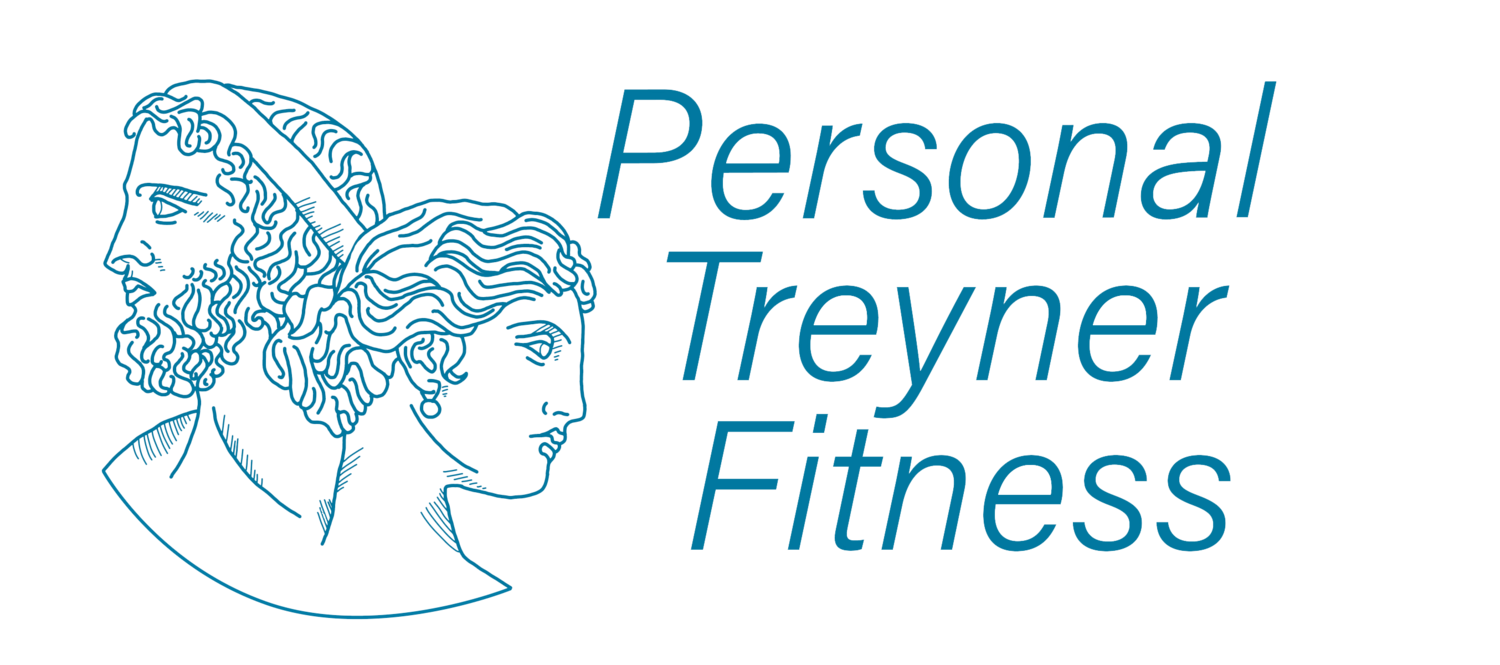The Irony of the American Medical Symbol: Hermes vs. Asclepius
In June of 2017, I traveled to Greece with six Russians for two weeks . Together, we traveled across Greece with the intention of learning about the Greek god of health and medicine, Asclepius.
Our destinations were previous locations of healing, on grounds with large temples dedicated to Asclepius. People would travel from all over to bathe in the healing waters and have the gods visit them in their dreams as they slept at the temple grounds.
Asclepian on Kos Island, Greece
In Greek mythology, Asclepius is the son of Apollo – the god of light, the Sun, truth and also a god of healing. Asclepius’s daughters are Hygieia, the goddess of hygiene and cleanliness and Panacea the goddesses of remedies. The Hippocratic Oath which all physicians have taken for centuries is dedicated to the same four deities, namely Apollo, Asclepius, Hygieia and Panacea.
Asclepius is usually depicted with a serpent wrapped staff.
Asclepius, God of Health and Medicine
The rod of Asclepius is the true symbol of healing and medicine.
Organizations, such as the World Health Organization (WHO), have correctly adopted the symbol into their logo.
This is Hermes:
Hermes is the Greek god of trade, wealth, luck, fertility, animal husbandry, sleep, language, thieves, and travel. One of the cleverest and most mischievous of the Olympian gods, he was also their herald and messenger.
This is the caduceus of Hermes:
A symbol that was incorrectly adopted by the U.S. Army
And has pervaded in the Western culture as a symbol of medicine. However, it has no true association to medicine or healing.
On the contrary, it is associated with merchants and commerce.
So the next time you are looking for health or medical advice, check for the symbol on the door. They might be subconsciously projecting their true intent when it comes to your well-being.
To your health,
Trey









